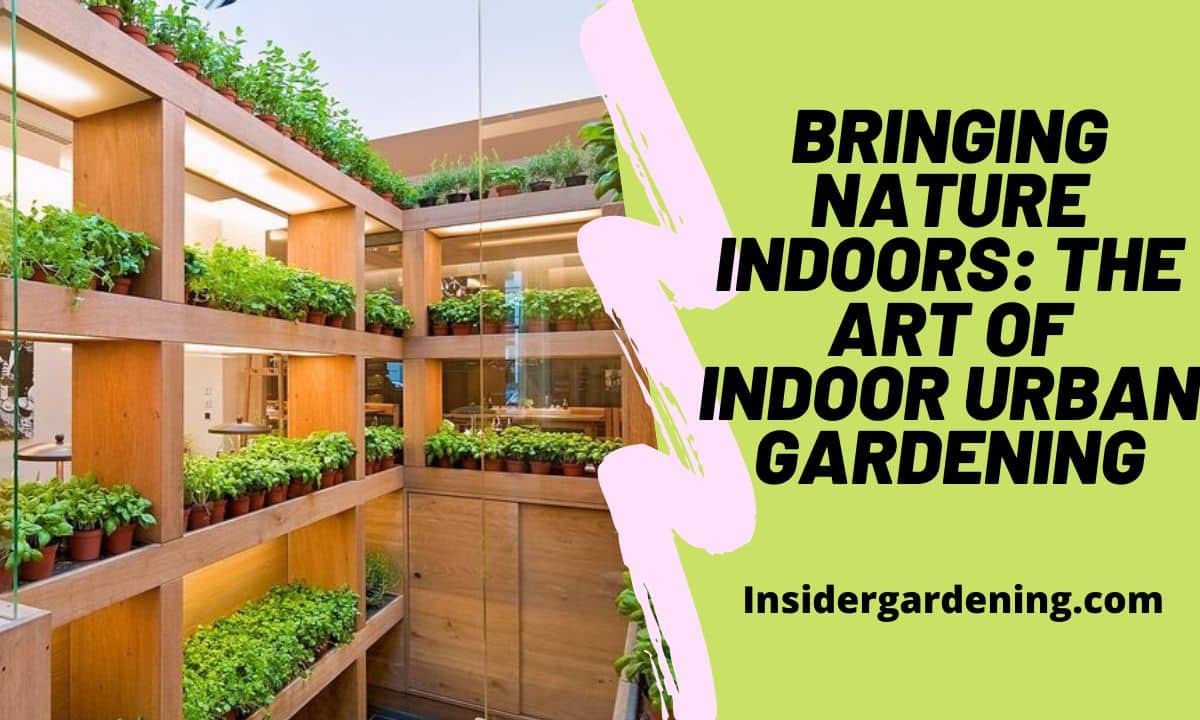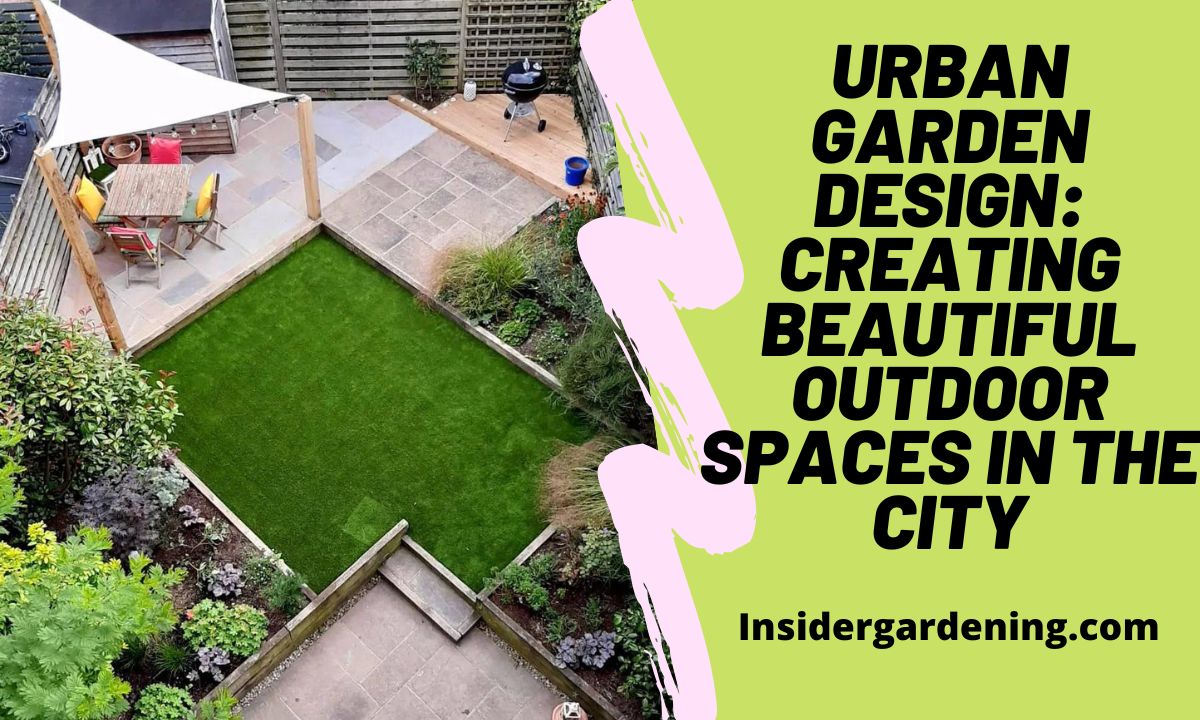The Organic Urban Gardener’s Handbook: Tips and Tricks for Chemical-Free Growing

As an urban gardener, there is immense joy in growing your own food and creating a green oasis in the midst of the city. To truly embrace a sustainable and healthy approach, organic gardening is the way to go. By avoiding chemical pesticides and synthetic fertilizers, you can cultivate a thriving urban garden that is not only environmentally friendly but also nourishes your body with chemical-free produce. In this handbook, we will share essential tips and tricks for organic urban gardening, empowering you to create a lush, natural, and sustainable urban garden.
1. Start with Healthy Soil
Building a strong foundation for your organic urban garden begins with healthy soil. Use organic compost, well-rotted manure, or other organic amendments to enrich the soil with essential nutrients. This promotes microbial activity, improves soil structure, and enhances nutrient availability for your plants.
2. Embrace Composting
Composting is a fundamental practice in organic gardening. Start a compost pile or use a compost bin to recycle kitchen scraps, yard waste, and other organic materials. Compost adds nutrients to the soil, improves soil moisture retention, and reduces the need for synthetic fertilizers.
3. Companion Planting
Embrace the power of companion planting in your urban garden. Certain plants have natural pest-repellent properties or attract beneficial insects that help control pests. For example, planting marigolds alongside vegetables can deter pests, and growing herbs like basil and dill can attract pollinators.
4. Natural Pest Control
Implement natural pest control methods to protect your plants without resorting to chemical pesticides. Introduce beneficial insects like ladybugs and lacewings, use insecticidal soaps or neem oil sprays, or create physical barriers like netting or row covers to keep pests at bay.
5. Crop Rotation
Practice crop rotation to prevent the buildup of pests and diseases in your urban garden. Avoid planting the same crop or closely related crops in the same area year after year. By rotating crops, you disrupt the life cycles of pests and diseases, promoting a healthier garden ecosystem.
6. Water Wisely
Water your urban garden wisely to conserve water and promote healthy plant growth. Use mulch to retain soil moisture, water deeply and infrequently to encourage deep root growth, and consider drip irrigation or soaker hoses to minimize water wastage.
7. Weed Management
Keep weeds under control using organic methods. Hand-pull weeds regularly, especially when they are young and easier to remove. Mulching with organic materials like straw or wood chips helps suppress weed growth and conserves soil moisture.
8. Organic Fertilizers
Feed your plants with organic fertilizers to provide essential nutrients for healthy growth. Use compost, compost tea, or organic slow-release fertilizers to nourish your plants naturally. Organic fertilizers promote long-term soil fertility and microbial activity.
9. Save Seeds
Save seeds from your organic urban garden to preserve heirloom varieties and reduce reliance on commercially produced seeds. Allow plants to mature fully and collect seeds from the healthiest and most productive plants. Properly dry and store the seeds for future use.
10. Embrace Biodiversity
Encourage biodiversity in your urban garden by planting a variety of plants. Diverse plantings attract beneficial insects, improve pollination, and enhance the overall resilience of your garden ecosystem. Incorporate flowering plants, herbs, and vegetables to create a balanced and biodiverse garden.
Frequently Asked Questions
FAQ 1: Can I grow organic food in containers?
Yes, you can grow organic food in containers. Choose organic potting soil and organic fertilizers suitable for container gardening. Ensure containers have proper drainage and adequate space for plant growth.
FAQ 2: Are organic gardening methods more time-consuming?
Organic gardening methods may require a bit more time and effort compared to conventional methods. However, the rewards of chemical-free produce, environmental sustainability, and improved soil health make it worthwhile.
FAQ 3: Can I use homemade organic pest control remedies?
Yes, you can use homemade organic pest control remedies. Examples include garlic and chili pepper sprays, soap sprays, or oil sprays. Always test on a small area of the plant before applying to the entire garden.
Conclusion
With the Organic Urban Gardener’s Handbook, you now have the knowledge and tools to embark on a chemical-free and sustainable journey of urban gardening. By incorporating these tips and tricks, you can create a thriving organic garden that not only provides nourishing food but also contributes to a healthier environment. Embrace the beauty of organic gardening, cultivate your urban oasis, and enjoy the bountiful rewards of sustainable and chemical-free urban gardening.




